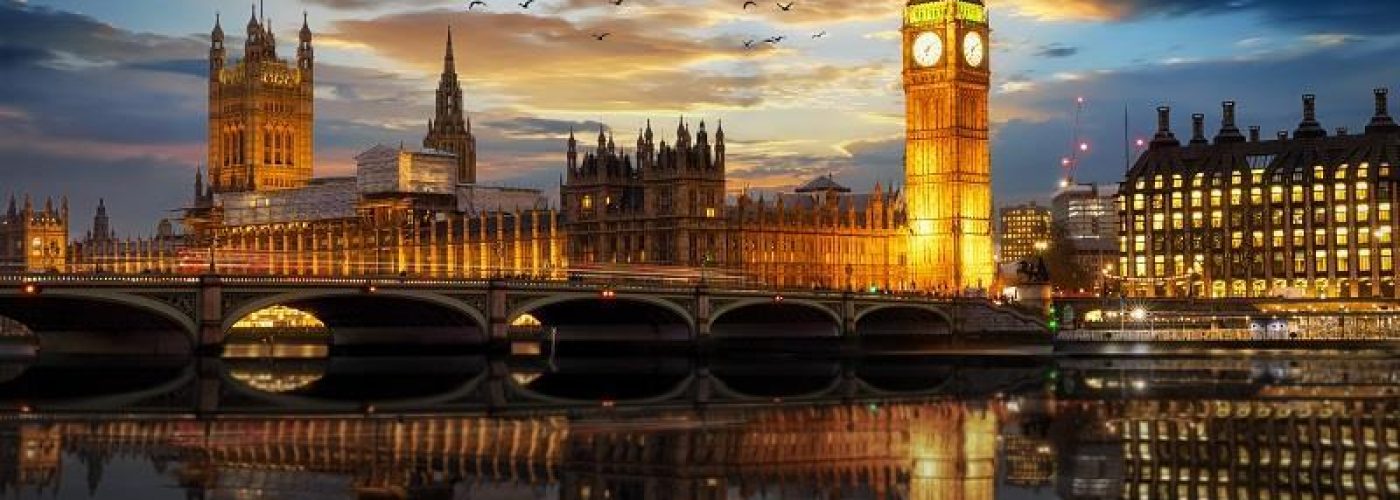The government has announced it will not be implementing the recommendation for Personal Emergency Evacuation Plans (PEEPs) from the Grenfell Tower Inquiry, instead opting to remain with the controversial ‘stay put’ policy.
The government is facing criticism from across the fire safety sector, as well as from campaign groups and bereaved relatives of the Grenfell Tower residents, having previously promised to implement the inquiry’s recommendations in full.
The Home Office published a consultation document which outlined their reasoning, stating that they believe it is not ‘proportionate’ to follow the recommendations and will continue to place its faith in ‘stay put’ advice in most buildings.
The response also stated that there were “significant issues” with the “practicality, proportionality and safety” of PEEPS, and that “we are currently unable to mandate PEEPs in high-rise residential buildings.” The Home Office also said it intends to replace the proposal to require evacuation plans and PEEPs with “an alternative package of initiatives.”
This goes against a recommendation from Phase 1 of the Grenfell Tower Inquiry – published in October 2019 – which advises the government to place a legal obligation on building owners to outline Personal Emergency Evacuation Plans (PEEPs) for residents in the event of a fire.
Grenfell United, a campaign group for people affected by the fire, said: “We are enraged at the government, whose sole focus continues to be profit and not public safety. We’ve fought for years to create a legacy for our 72 loved ones, and to prevent another Grenfell. But five years on, the government has reverted back to the same policy in place before Grenfell.
“This policy resulted in 41% of those living with disabilities dying at Grenfell. It left them with no personal evacuation plan and no means of escape. They didn’t stand a chance. This report is a disgrace.
“Disabled people have the right to leave their homes safely. The government must implement the recommendation from the Phase 1 report of the Grenfell Inquiry and ensure personal evacuation plans for disabled residents.”
In responding to the government’s PEEPs consultation, the Commissioner of London Fire Brigade, Andy Roe said: “It’s vitally important that people feel safe in their own homes and have certainty about how to leave their building in the event of a fire or other emergency.
“PEEPs were a key recommendation from the Grenfell Tower Inquiry and we want to work with government, communities, and other partners to make progress on evacuation plans. We will be responding to this consultation.”
The Home Office has launched another consultation on Emergency Evacuation Information Sharing (EEIS), which would require designated “Responsible Persons of the highest risk buildings to assess the needs of their most vulnerable residents and consider what might ‘reasonably be done to mitigate any risks to fire safety.”
A Home Office spokesperson said: “The Emergency Evacuation Information Sharing package we are consulting on would require those responsible for fire safety in higher risk buildings to properly assess the needs of the most vulnerable and take steps to mitigate any risks.
“While the vast majority of buildings are completely safe, we are determined to do more to improve fire safety, which is why these landmark reforms will ensure mid and high-rise blocks are properly assessed for fire risks.”
The inquiry published 46 recommendations in 2019, of which 21 have now been incorporated into law, according to the Home Office.





